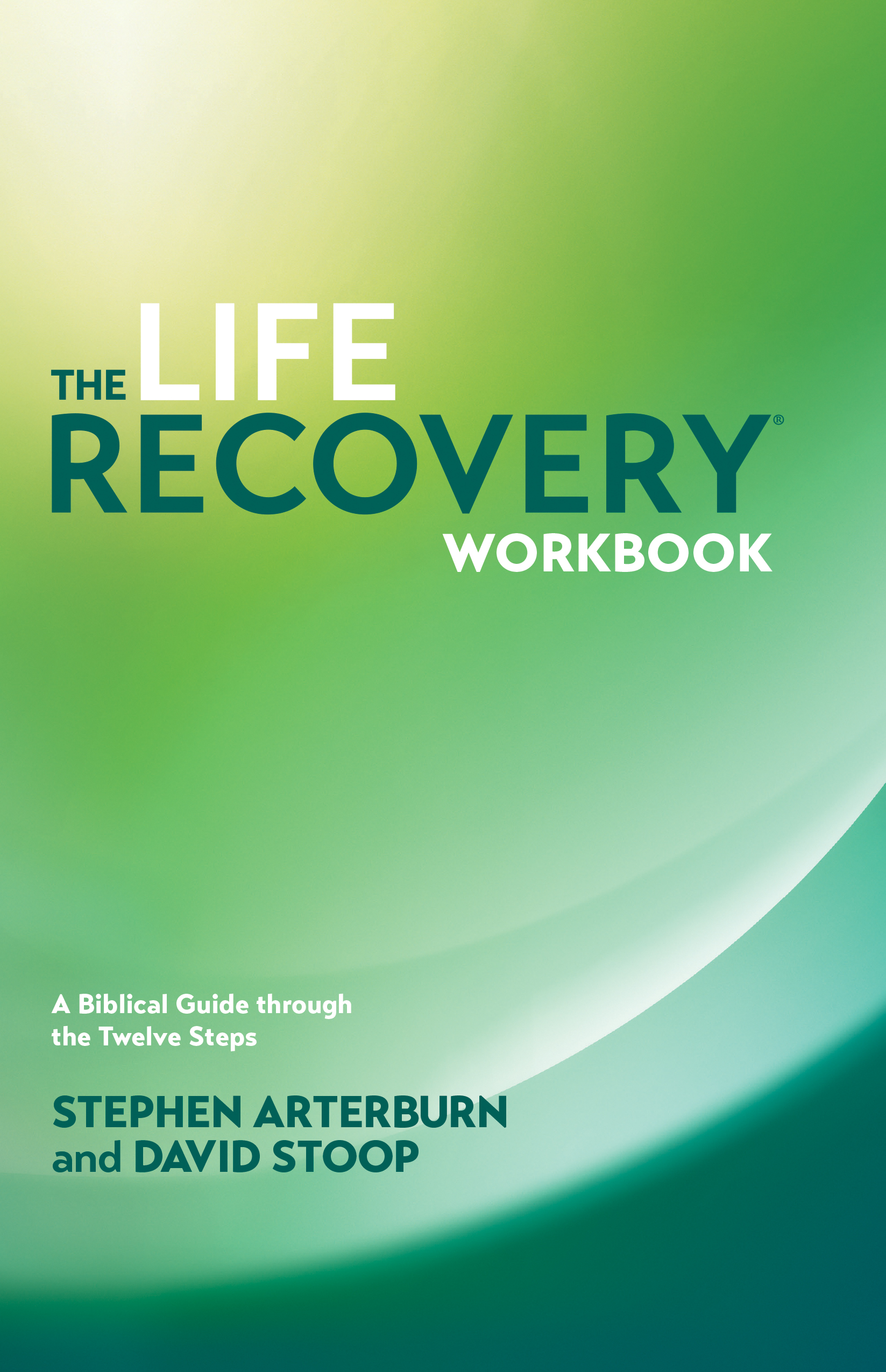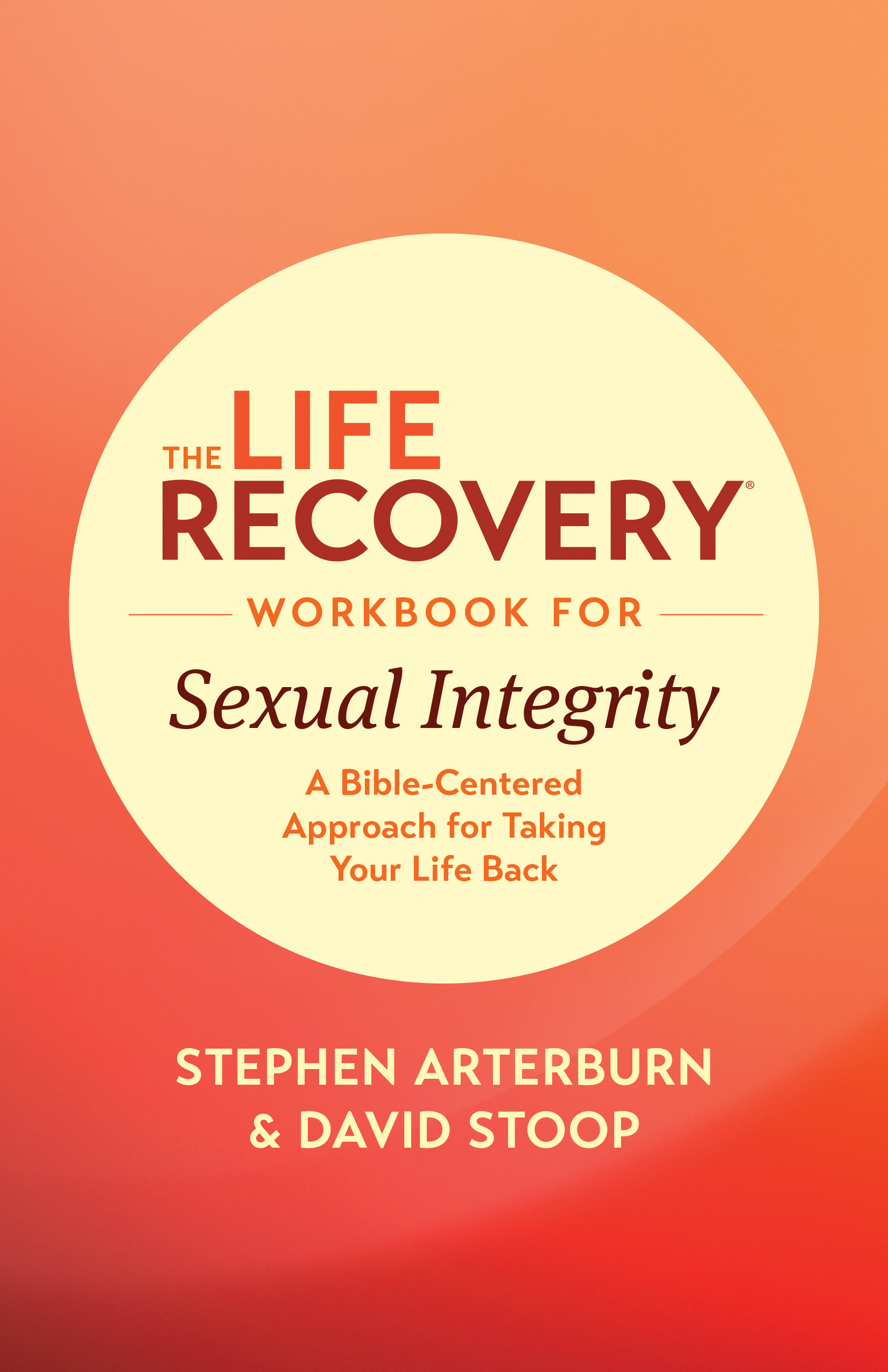The path to addiction is often incremental, and the path to recovery is equally so.
By Brad Johnson
Experts estimate that one in 10 US adults have had a drug use disorder at some point in their lives. Sadly, substance abuse is not the only form of modern-day addiction. Psychology researchers report that around 5 to 8 percent of the US adult population has a porn addiction, and around 10 million US adults have a gambling addiction. While these numbers represent relatively small percentages of the population, to the individuals facing addiction, it can mean a lifetime of pain if not addressed. Discovering anew that a family member or friend is battling addiction is a difficulty in and of itself.
Addiction wreaks havoc. It often finds its way past the individual struggling with it into their friendships, free time, family life, romantic relationship(s), and in severe cases, even the workplace. Mustering the courage to offer strength and guidance to a struggling loved one is a colossal task, and ought not to happen without preparation. Here are four proven, expert-backed ways to help a family member or friend with addiction.

1. Build a trusting relationship
Far and away, the most essential step in helping a loved one with addiction is establishing trust. Trust is built over years and years, but can break apart—often unexpectedly—in an instant. In light of this, don’t expect trust to abound without positive history, especially if there have been some rough chapters in your relationship.
One of the best ways to foster trust is by listening. Listen to your friend or family member’s concerns; their perspective on life; what has happened to them recently; anything they’re struggling with; how to continue being a good friend. So few people feel listened to, including addicts, that simply listening can open up their hearts like never before. Listening shows that you value not only the person but their unique experiences. Keep listening and regard any conversation you have with your loved one as extremely valuable. This will pay off tenfold down the road.

2. Remember that you are not in control
As tempting as it is to try to be your friend or family member’s “savior,” ultimately you cannot change their life, even when they’re facing self-destructive habits. This is perhaps the most common mistake in trying to help people who need it most, and it’s completely understandable. It is soul-wrenching to see someone you care about continue to dig themselves deeper.
Difficult though it is, instead of trying to force them to talk or adopt your way of thinking, simply discuss the situation with them, and if it feels right, share your own perspective. There is nothing wrong with talking about reality, because this is part of the path to healing. However, the right behavior is helping your family member or friend acknowledge and own their problems. No change will last without self-ownership. If the conversation becomes too tense, offer to take a break or pick back up at a later point. You are more likely to help your friend heal by maintaining a caring relationship than by allowing the issue to drive you apart.

3. Give yourself reasonable limits
Often, helping a friend or family member navigate addiction takes a toll on you. Stressful conversations, unanswered questions, and even fights all have a chance of happening. It is commendable to want to help someone in dire need, but if you are not in great shape personally, you won’t be effective in the ways you can help.
There are multiple ways to remain energized and strong in the midst of a trial. One way is setting agreed-upon times to have calm discussions about the topic, so both you and your loved one don’t feel overwhelmed by endless talking. A second way is scheduling downtime or a relaxing activity in your week, so your mind has a chance to unwind from the toils of assisting addiction recovery.
A third way is to maintain consistent rhythms of sleeping, exercising, and eating nutritious meals. This trifecta of personal health is never to be underestimated, as it keeps your hormones in check and regulates your emotions. A strong body equals a strong mind, and a strong mind is necessary for circumstances like these.

4. Approach treatment options tenderly, but firmly
Sometimes the most stressful aspect of being supportive in the midst of addiction is discussing treatment options. Oftentimes those battling substance abuse are reluctant to talk about treatment, because they see the source of their addiction as the source of their control. It’s uncomfortable engaging with such a perspective, but it’s extremely common. Remember that you are not responsible for another’s choices. The place they’re in is because of their choices, but you’re helping them grow beyond it.
If you’ve been observing how your loved one’s addiction is hurting aspects of their life or the lives around them, you have good reason for directing them towards the hands of a professional. If you have tried talking with them about it and they resist, consider talking to other family members or mutual friends to see if someone else may be in a more influential position. Don’t take offense if your friend or family member puts their guard up. Even addicts don’t want to feel controlled or manipulated, despite your intentions being about love, healing, and compassion.
In the midst of fighting addiction with a loved one, bear in mind it’s all about manageable, intentional steps. The path to addiction is often incremental, and the path to recovery is equally so. Lean on these recommendations and the guidance of trusted professionals and counselors to help you, your family member, or your friend recover from addiction for good.
Disclaimer: This blog post and the ideas, recommendations, resources, and content within do not constitute legally certified or medically professional advice. Always seek the support of legally designated professionals for any decision you make or help you need.
 The Life Recovery Workbook by Stephen Arterburn and David Stoop
The Life Recovery Workbook by Stephen Arterburn and David Stoop
As a complement to The Life Recovery Bible (more than 800,000 copies sold), The Life Recovery Workbook leads the recovering addict into reflection and practical application. By placing the 12 steps of recovery into a firm biblical context, the workbook brings scriptural principles into personal focus. Contemporary “Recovery Profiles,” expanded descriptions of each of the 12 steps, and open-ended questions work in unison with The Life Recovery Bible. Far more than just teaching about the 12 steps, the workbook is a guide to an in-depth working of the steps, making the principles of recovery come alive for “one day at a time” living.
 The Life Recovery Workbook for Sexual Integrity by Stephen Arterburn and David Stoop
The Life Recovery Workbook for Sexual Integrity by Stephen Arterburn and David Stoop
Let’s start now on a twelve-step path that will lead us out of inappropriate sexual behaviors into the restoration of life. In the Life Recovery Workbook for Sexual Integrity, discover real-life stories of fellow travelers, great questions for individual or group discussion, and a Bible-centered approach to freedom. Twelve beautiful blessings await after our hard work on the journey of recovery from sexual addiction.
Step 1: Open our hearts to God’s power to free us from the grip of unhealthy sexual behaviors. “O God, please strengthen me just one more time.” (Judges 16:28)
Step 2: Allow God to restore our sexual sanity. “Who can bring purity out of an impure person?” (Job 14:4)
Step 3: Submit to God in order to be freed from the bondage of life-stealing addiction. “If you give up your life for me, you will find it.” (Matthew 10:39)
Step 4: Self-examination leads us out of addiction. “You showed that you have done everything necessary to make things right.” (2 Corinthians 7:11)
Step 5: Experience the healing that begins with mutual confession. “Confess your sins to each other and pray for each other so that you may be healed.” (James 5:16)
Step 6: Get ready for God to heal us from addictive sexual behaviors. “You will not reject a broken and repentant heart, O God.” (Psalm 51:17)
Step 7: Invite God to remove our sexual shortcomings. “I restore the crushed spirit of the humble and revive the courage of those with repentant hearts.” (Isaiah 57:15)
Step 8: Create a list of people our unwise sexual behavior adversely affected. “Now, however, it is time to forgive.” (2 Corinthians 2:7)
Step 9: Restore relationships damaged by our sexual sins and experience a clean slate. “But then they turn from their sins and do what is just and right.” (Ezekiel 33:14)
Step 10: Review daily the defects in us that hinder healthy life with God and others. “So get rid of all the filth and evil in your lives.” (James 1:21)
Step 11: Grow closer to God through prayer and meditation. “Teach me how to live, O Lord.” (Psalm 27:11)
Step 12: Bless others with the blessing of healing from habitual sexual sin. “He will give a crown of beauty for ashes.” (Isaiah 61:3)

